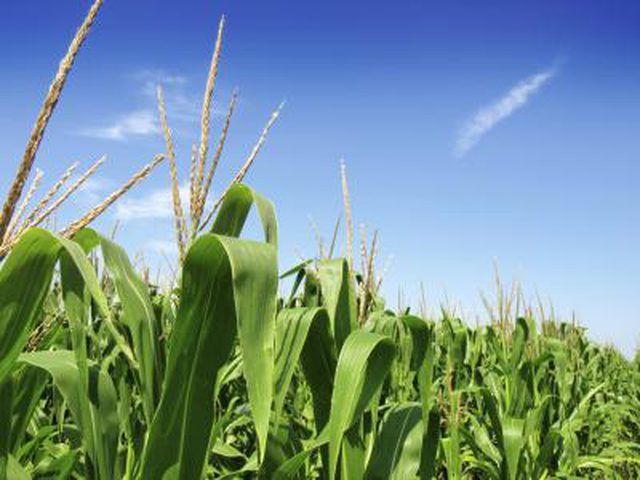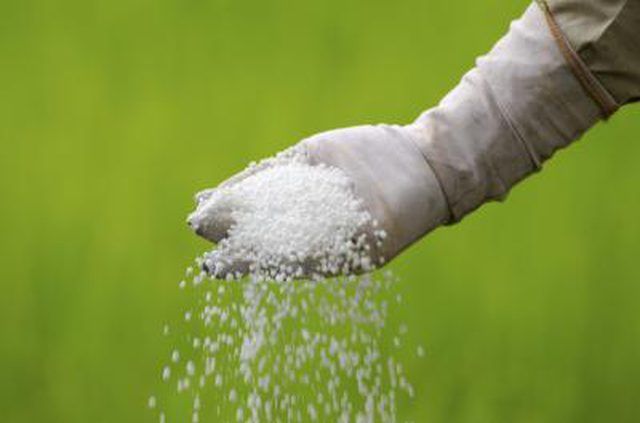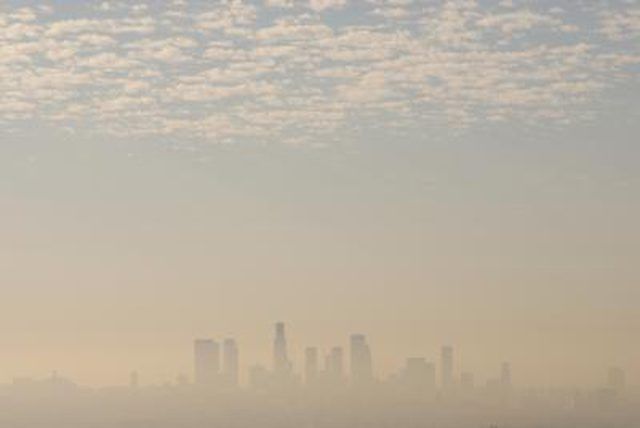Bulbs
Flower Basics
Flower Beds & Specialty Gardens
Flower Garden
Garden Furniture
Garden Gnomes
Garden Seeds
Garden Sheds
Garden Statues
Garden Tools & Supplies
Gardening Basics
Green & Organic
Groundcovers & Vines
Growing Annuals
Growing Basil
Growing Beans
Growing Berries
Growing Blueberries
Growing Cactus
Growing Corn
Growing Cotton
Growing Edibles
Growing Flowers
Growing Garlic
Growing Grapes
Growing Grass
Growing Herbs
Growing Jasmine
Growing Mint
Growing Mushrooms
Orchids
Growing Peanuts
Growing Perennials
Growing Plants
Growing Rosemary
Growing Roses
Growing Strawberries
Growing Sunflowers
Growing Thyme
Growing Tomatoes
Growing Tulips
Growing Vegetables
Herb Basics
Herb Garden
Indoor Growing
Landscaping Basics
Landscaping Patios
Landscaping Plants
Landscaping Shrubs
Landscaping Trees
Landscaping Walks & Pathways
Lawn Basics
Lawn Maintenance
Lawn Mowers
Lawn Ornaments
Lawn Planting
Lawn Tools
Outdoor Growing
Overall Landscape Planning
Pests, Weeds & Problems
Plant Basics
Rock Garden
Rose Garden
Shrubs
Soil
Specialty Gardens
Trees
Vegetable Garden
Yard Maintenance
Negative Effects of Fertilizers
Negative Effects of Fertilizers. As fertilizer contains both nitrogen and phosphorus, it can cause negative effects on the environment. Rainwater acts as a vehicle for carrying fertilizer from the place of application and depositing it as a pollutant into rivers and lakes, ultimately contaminating both the ground and air.
As fertilizer contains both nitrogen and phosphorus, it can cause negative effects on the environment. Rainwater acts as a vehicle for carrying fertilizer from the place of application and depositing it as a pollutant into rivers and lakes, ultimately contaminating both the ground and air.

Often, crops cannot absorb all the nutrients from fertilizer, forcing the excess into the air and water. This loss also affects farmersí profitability as they spend more and more on fertilizer.

The presence of nitrogen fertilizers in water encourages algae blooms, both toxic and non-toxic, which deplete oxygen and reduce light penetration in water. This in turn promotes the growth of weeds and negatively affects aquatic life.

When algae populations get too large, their resulting death reduces oxygen in the water, suffocates fish and creates dead zones in the oceans.

Nitrogen in fertilizer filters into groundwater, thus ending up in drinking water. In the human body, nitrogen becomes nitrate, which inhibits the movement of oxygen through the body.

Unabsorbed nitrogen from fertilizer can also leach into the air, contributing to greenhouse gases and air pollution.
